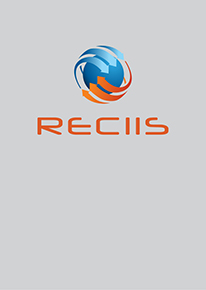International cooperation: an essential component of international relations
DOI:
https://doi.org/10.3395/reciis.v4i1.698Keywords:
International cooperation, globalization, international agenda, foreign policy, BrazilAbstract
The spread of industrialization and modernization in all societies has made the expansion and institutionalization of international cooperation one of the remarkable aspects in international relations since World War II. Governments, whether greatly or slightly expressive in international forums, became part of an intricate network of institutions that disseminates standards of conduct and technical procedures through different societies, consolidating cooperation as part of the countries’ long-term foreign policy. Ultimately, cooperation is the channel through which a nation keeps connected with prevalent economic and social patterns and with major trends taking place in the fields of science and knowledge, as well as with their applications and benefits. The growing advance of cooperation mechanisms means new opportunities and new problems which, in their turn, begin to demand the construction of more coherent and compatible international cooperation systems, whether in their practices, or in their institutions. This trend is confronted with other problems of a structural nature, the dilemma between the interests for short-term and long-term benefits and the need for more integrated approaches, given the increasing inability to cope with complex social and political phenomena based on the archaic logic of specialization.Downloads
Published
How to Cite
Issue
Section
License
Author’s rights: The author retains unrestricted rights over his work.
Rights to reuse: Reciis adopts the Creative Commons License, CC BY-NC non-commercial attribution according to the Policy on Open Access to Knowledge by Oswaldo Cruz Foundation. With this license, access, download, copy, print, share, reuse, and distribution of articles is allowed, provided that it is for non-commercial use and with source citation, granting proper authorship credits and reference to Reciis. In such cases, no permission is required from the authors or editors.
Rights of authors’s deposit / self-archiving: The authors are encouraged to deposit the published version, along with the link of their article in Reciis, in institutional repositories.












